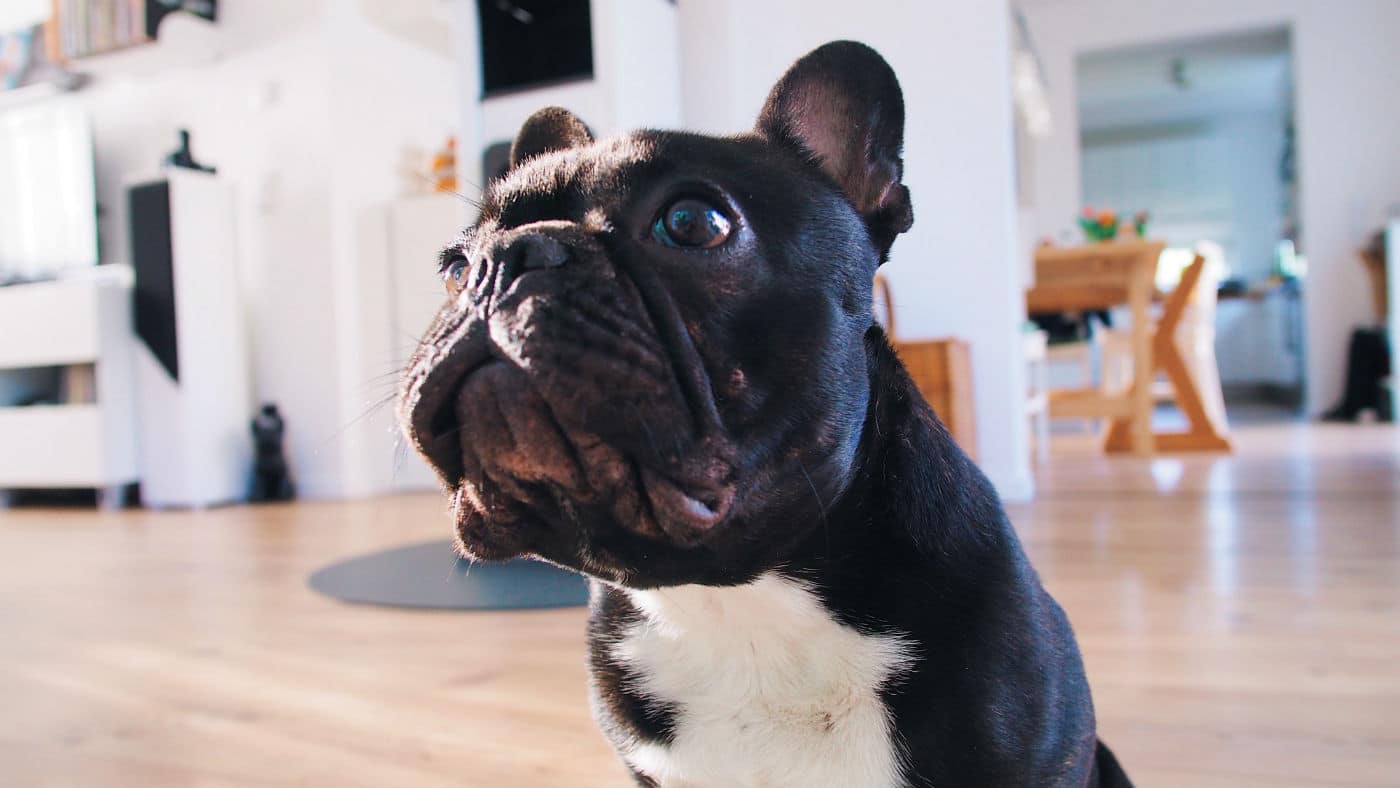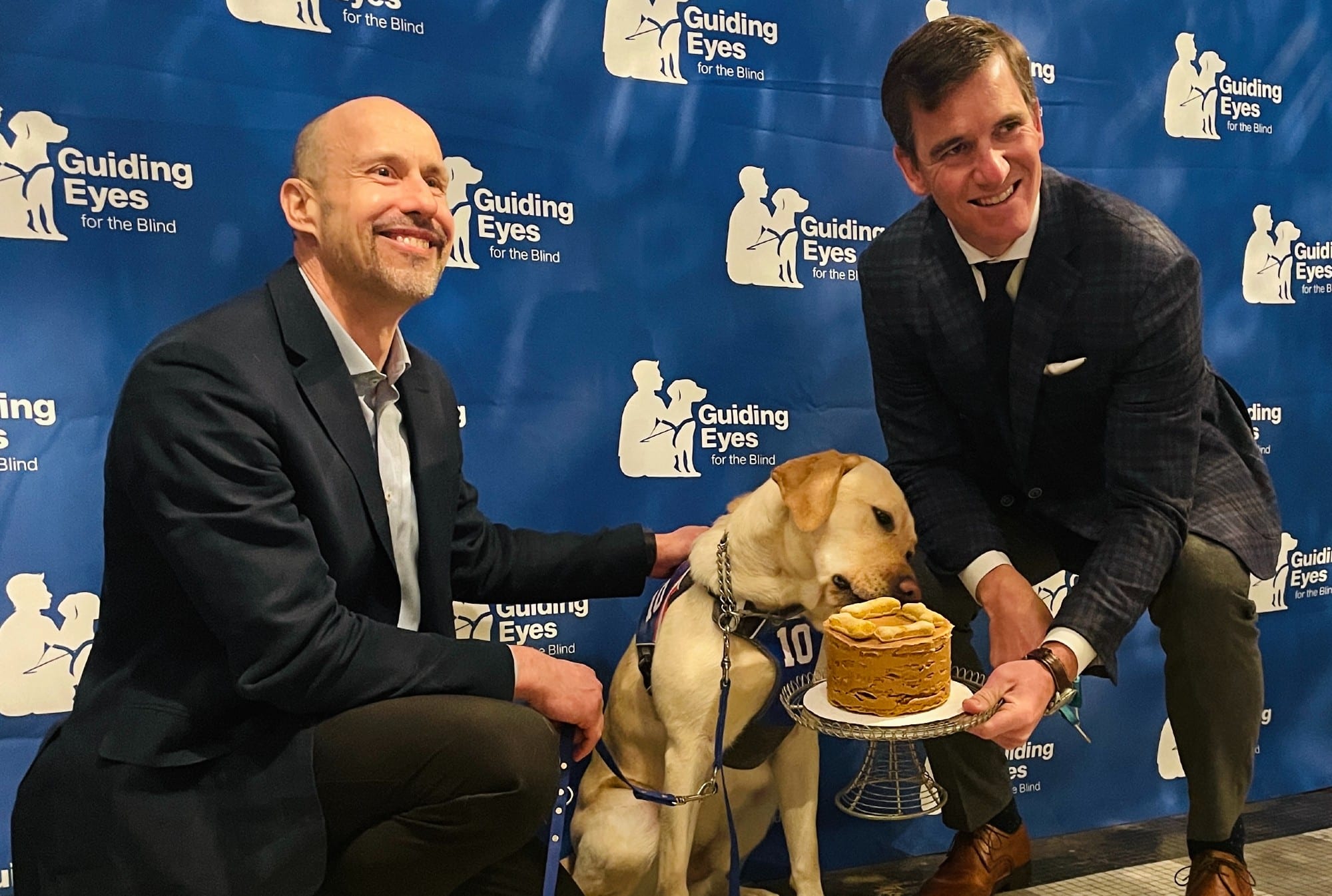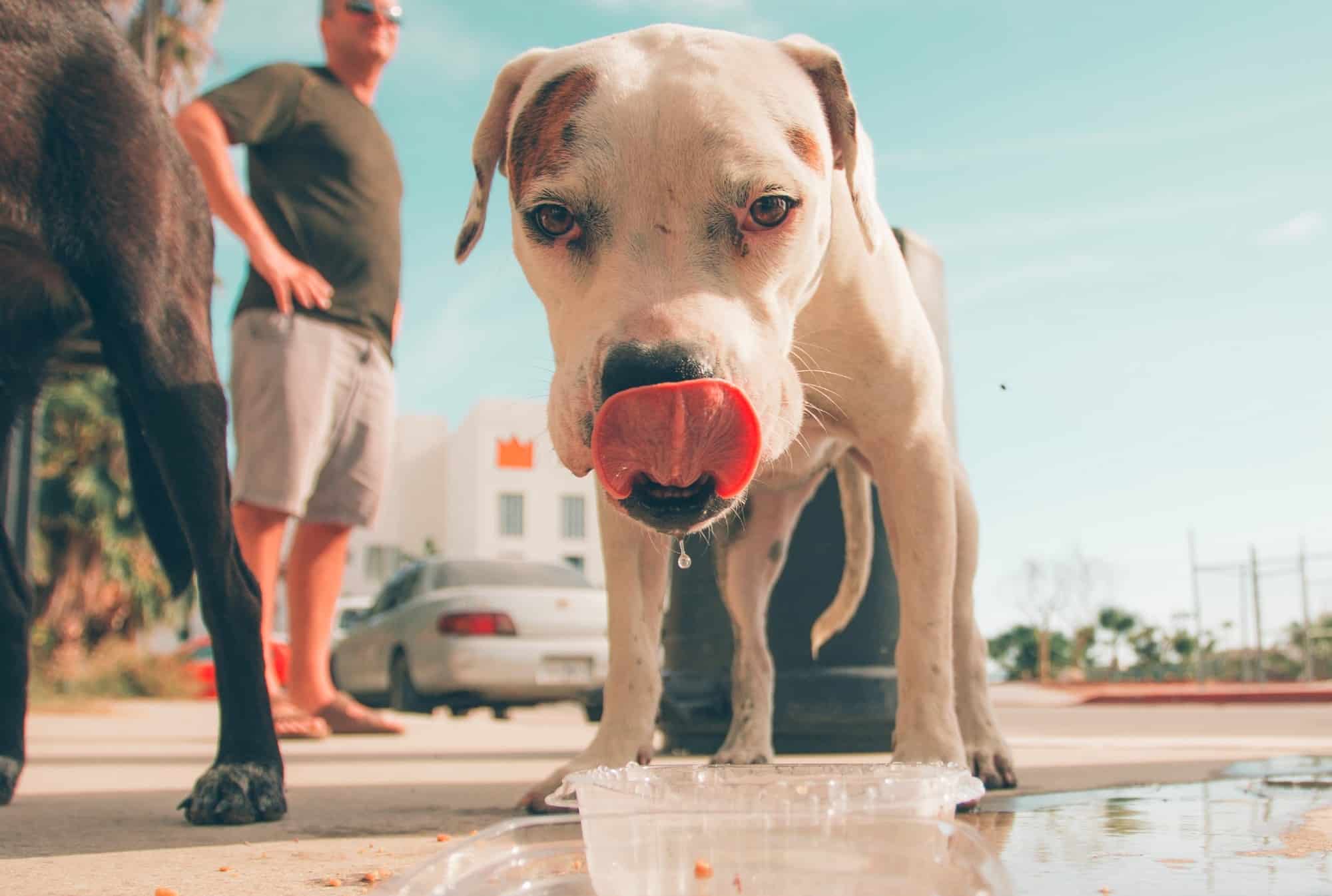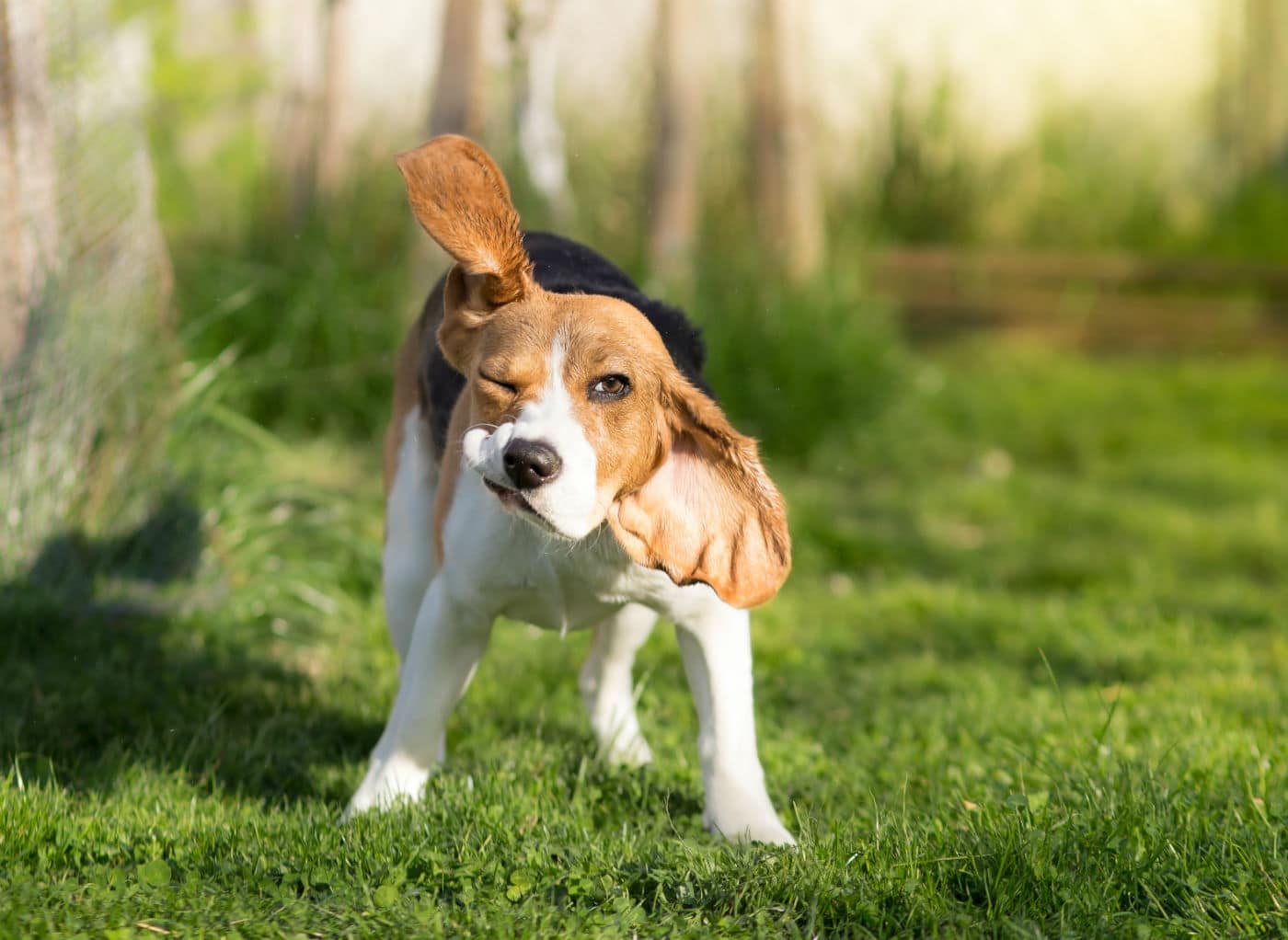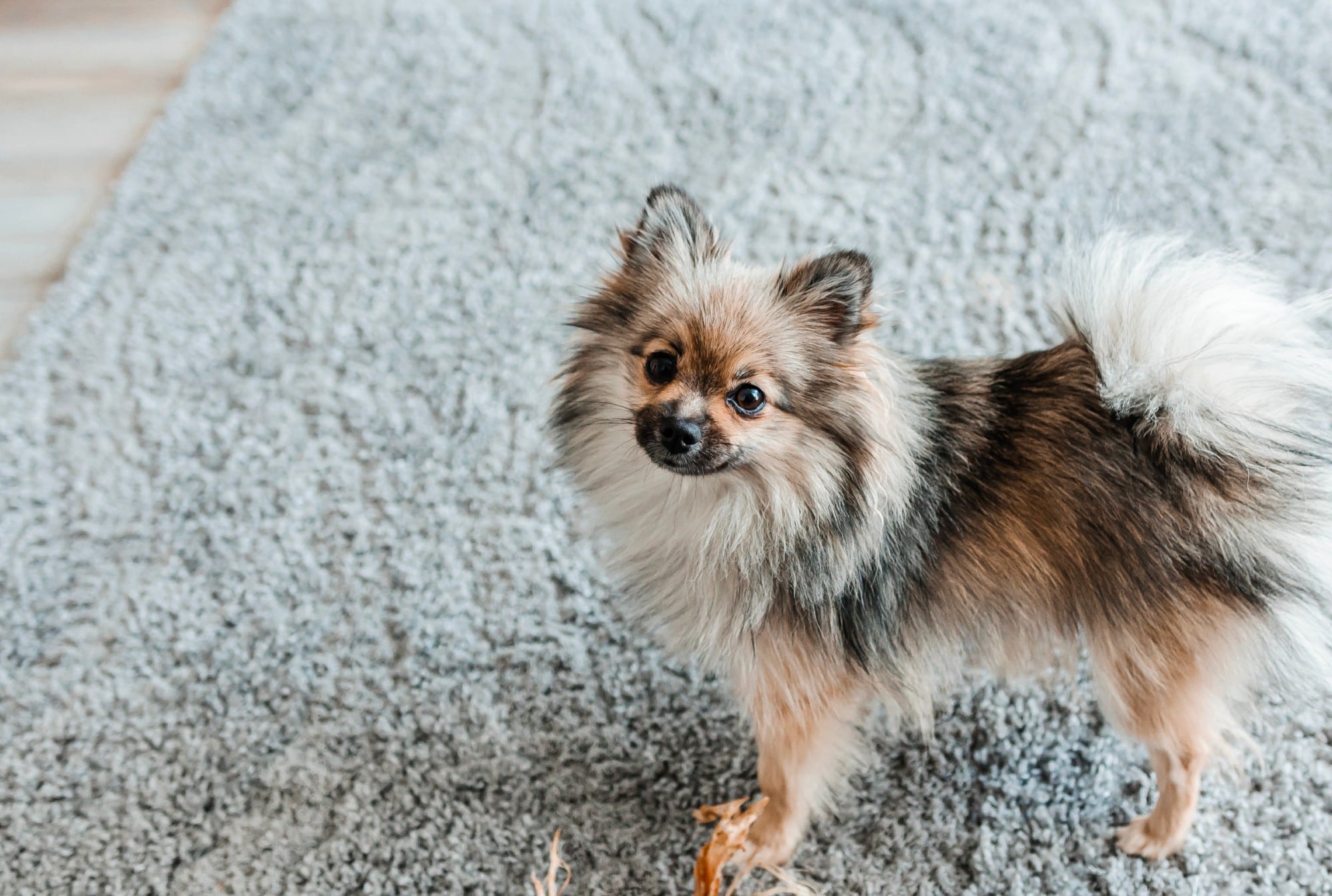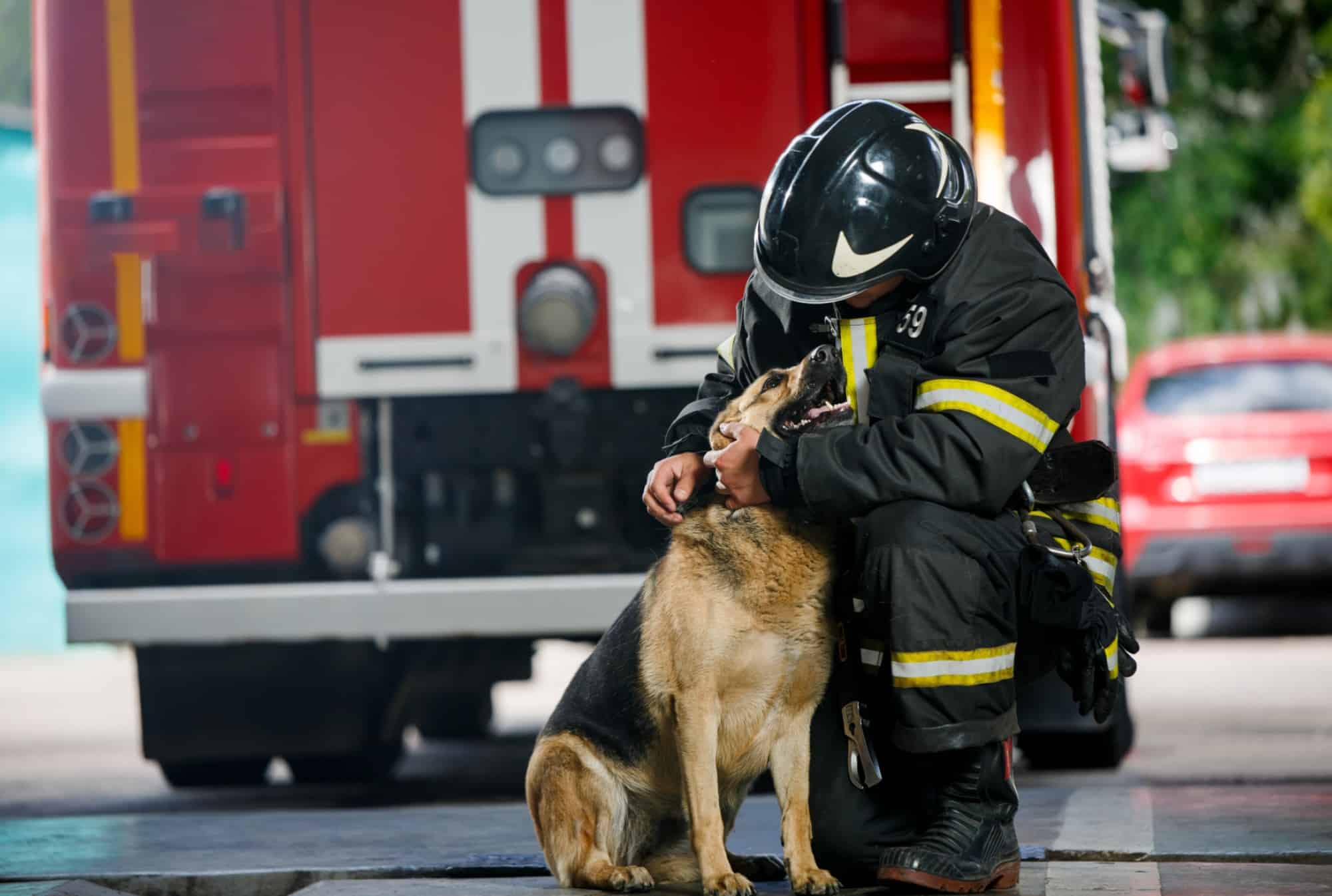There are big dog people and small dog people … and a few that adore any dog, regardless of size. I confess: I am a small breed lover. I have two, a 4-pound Yorkie and an 8-pound Pomeranian, and I can’t get enough of them. But they do come with their own set of challenges.
Small breeds are often feisty dogs who firmly believe they are the size of German Shepherds. While that’s an admirable quality, it can be dangerous. Sometimes a big dog just gets tired of the little dog’s antics and swats him away. But many small breeds are fragile, and even a casual “get away from me” push can result in an expensive injury.
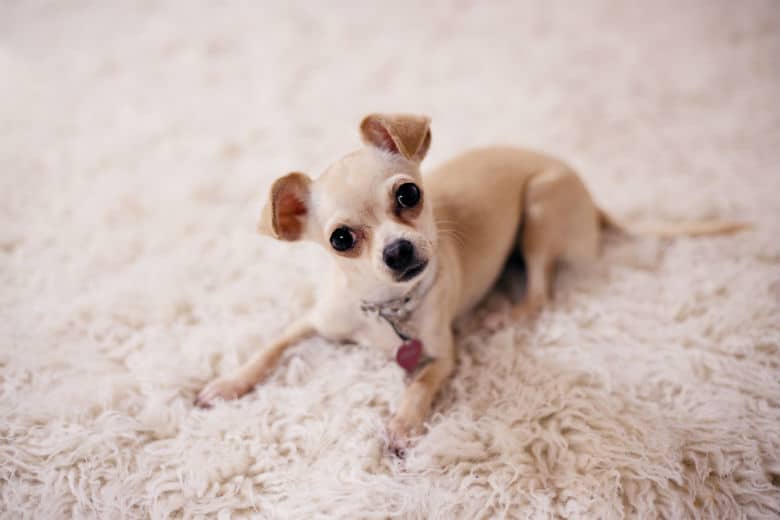
They also have unique health conditions, can develop undesirable personality traits and are unfairly stereotyped.
Related: Here Are 10 Small Dog Breeds That Don’t Shed or Make You Sneeze
In general, small breed dogs have different issues than large breed dogs. And while each small breed has a specific set of needs, including nutrition, veterinary care and exercise, etc, there are some commonalities small breeds share.
Small Dogs Need Exercise, Too
Just because a dog is small, doesn’t mean they don’t need the same things that large breed dogs need to live happy, healthy lives. And that includes exercise.
You should walk your dog with his feet on the ground … like any other size dog. And there is no such thing as an “indoor dog” — small dog breeds need to walk every day. If your dog is trained on puppy pads, one long walk is usually okay, but two shorter walks a day may be better. If your small dog doesn’t use puppy pads, plan on going outside a few times a day, as those small bladders need to be relieved often.
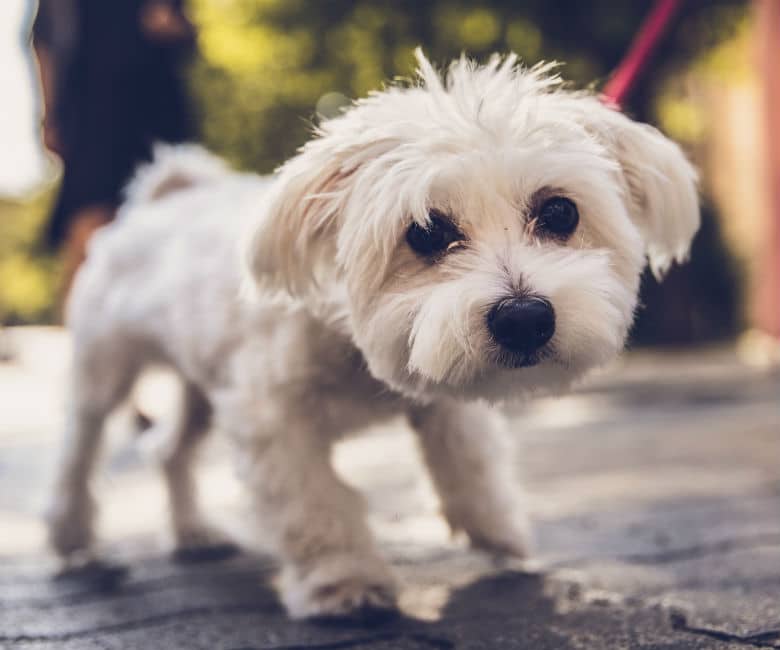
A Small Breed Dog Is Not a Toy or Fashion Accessory
Small breed dogs need to be dogs, not supermodels on Designer Row’s catwalk. If you put a winter coat on your Yorkie that happens to be a motorcycle jacket, and it keeps him warm, you’ve covered two birds with one outfit: your dog stays warm, and he’s the best dressed dog in the neighborhood. But if you insist that your longhaired Chihuahua wear designer sneakers, sun glasses and a tiara every time she goes out, your dog most likely won’t be too happy. Keep in mind, our small dogs are animals, not fashion accessories.
Be careful of small children around small breeds
Small breeds can be hurt more easily than large breeds. Their bones are smaller and more fragile in general. Plus, tiny dogs may be frightened by the rough and tumble play of toddlers and young children. In particular, small, delicate toy dogs including the Yorkshire Terrier, Chihuahua, Maltese, Toy Poodle, Japanese Chin, Chinese Crested, and others can be badly injured in rough play or if accidently dropped, stepped on or sat on.
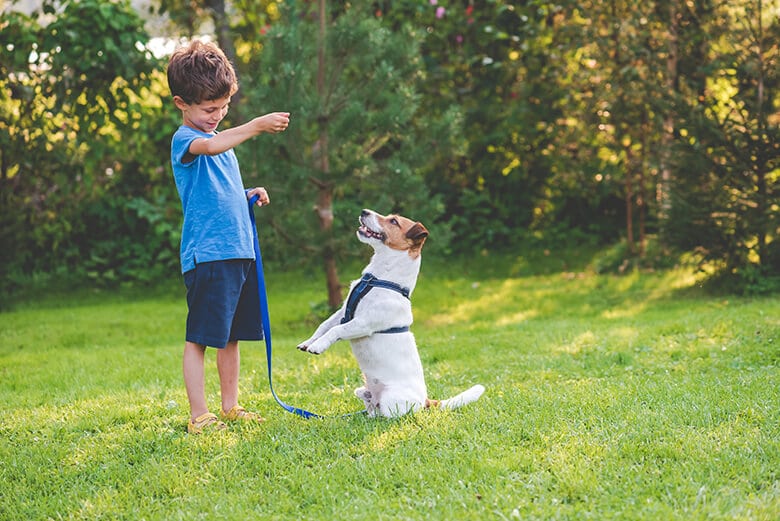
That doesn’t mean that you can’t bring one of these breeds into your home if you have small children. It does mean that your child should always be supervised when interacting with these tiny dogs. As soon as you bring your new pup home, teach your children that the dog is very small and fragile (like a newborn baby) and can be easily hurt.
There are some small breeds that are sturdier than others, like the French Bulldog, Pug and Boston Terrier, but that doesn’t mean that they can’t be injured. Do your research to find the right breed in terms of temperament and lifestyle and prepare your home before bringing any new dog into your family. Regardless of the breed, always teach children to be gentle with dogs.
Related: Love the French Bulldog But Worried About Health Issues? Here Are 5 Alternative Breeds to Consider.
A Unique Health Problem With Small Breed Dogs
Small breed dogs tend to have more dental problems than medium or large breed dogs. Indeed, a study of 1,300 dogs published in the Journal of Veterinary Dentistry in 1994 found that smaller dog breeds had significantly more periodontal disease than larger breeds. That’s because all dogs have the same number of adult teeth: 42 permanent teeth. Now consider the physics of fitting 42 teeth into the tiny mouth of a dog like a Maltese.
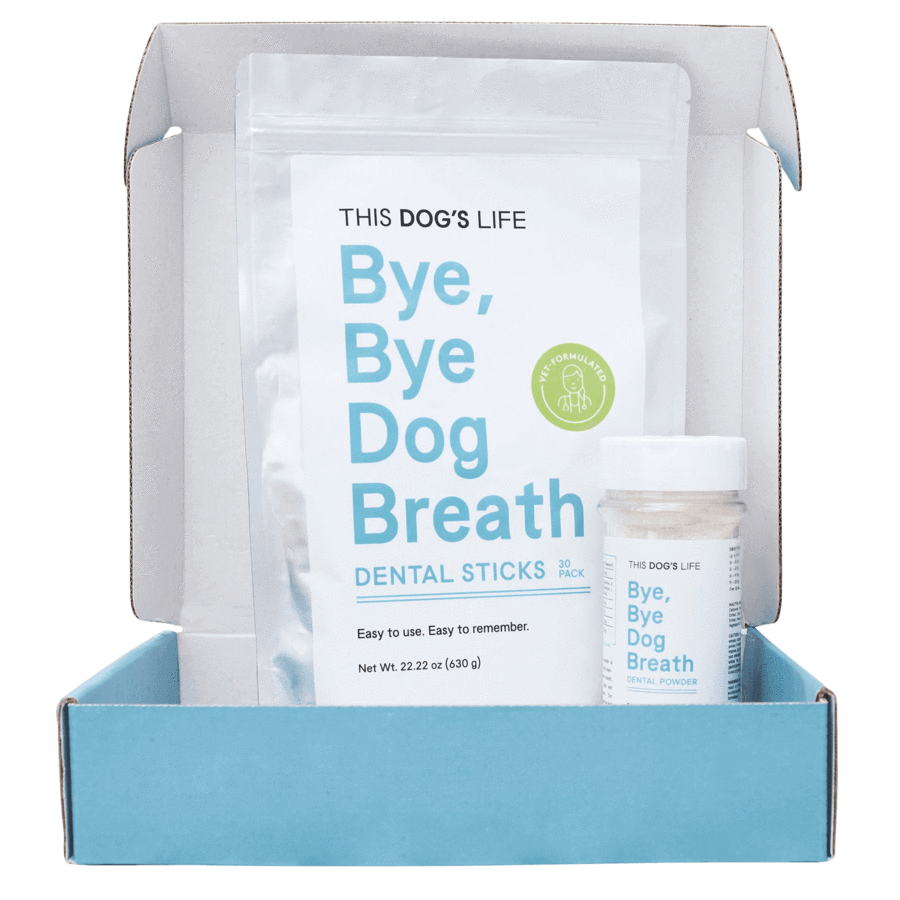
SHOP NOW
Because of the size of a small breed’s mouth, the teeth tend to be crowded, with some teeth even rotating to make room. Small breeds also tend to be less inclined to chew on hard chew toys, which can help remove tartar.
If you have a small breed dog, start brushing their teeth as soon as you bring them home to get them used to the brush. If your small dog turns into a demon every time you get near his mouth with the toothbrush, use dental chews and dental powders, like our Bye, Bye Dog Breath dental powder and our dental sticks, along with dental chew toys. Dog parents should also plan to have their small dog’s teeth professionally cleaned at the vet’s office at least once a year (talk to your vet about your particular dog and needs).
Related: 8 of the Healthiest Dog Breeds on the Planet
Small Dog Syndrome
Small dogs are so cute, we often let them get away with just about everything. Barking, jumping, lunging, even snarling — all can be dominant behavior — and they get away with it because they’re just so darn adorable.
Humans often think that their little Yorkie thinks he’s as big as a Doberman, and that’s why he’s barking at big dogs. (The most likely reason is because of fear.) But even if your little guy does think he’s the same size as the Newfoundland he’s barking at, it’s still bad behavior.
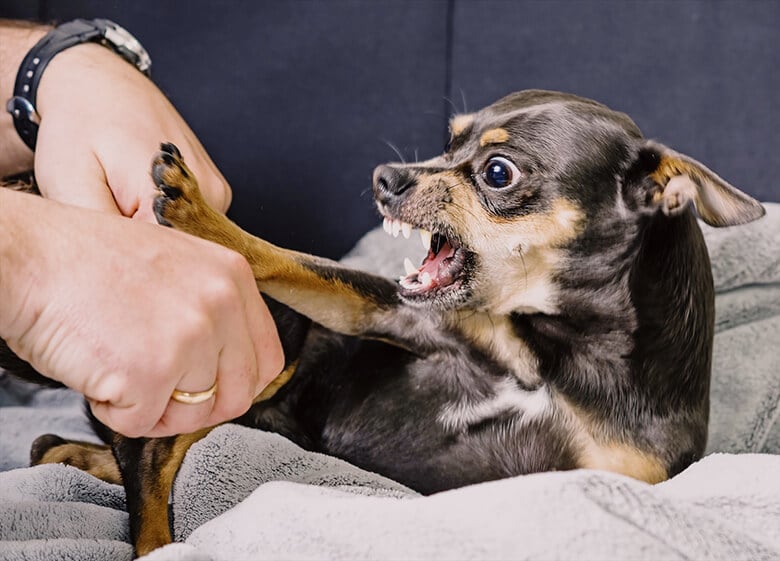
Small dog syndrome, or when a dog exhibits dominant behavior, is largely the fault of the human caretakers. Instead of training a dog not to bark or growl at other dogs, they pick up their small dogs and cuddle them. “Isn’t he cute the way he growls at that Great Dane?” The dog learns the behavior is not only fine, but that growing and barking and begging at the table will be rewarded by affection.
You would frown (or worse) at the owner of a German Shepherd or a Rottweiler if they let their dog bark and lunge at your dog, wouldn’t you? That’s because you expect the owner of a big bad Doberman to train their dog to behave. The same should be true for small dog breeds.
Related: Why ‘Good’ Dogs Bite and How to Prevent It
Your tiny little Napoleon is just as rude as a barking big dog. All dogs need boundaries and training to show them what you expect them to do and the correct way to behave so they can be well adjusted dogs and have satisfying lives.
Not All Small Breeds Are the Same
Just like any dog breeds, small breeds have different qualities that are generally shared by that breed. The Jack Russell Terrier has a ton of energy and a super strong prey drive; the Pekingese prefers a short, scenic stroll and as an imperial dog, he expects to be spoiled. Yorkshire Terriers live to play and love to learn tricks; French Bulldogs are charming, natural born comedians. The affectionate Chinese Crested lives for the spotlight and is always ready for her closeup.
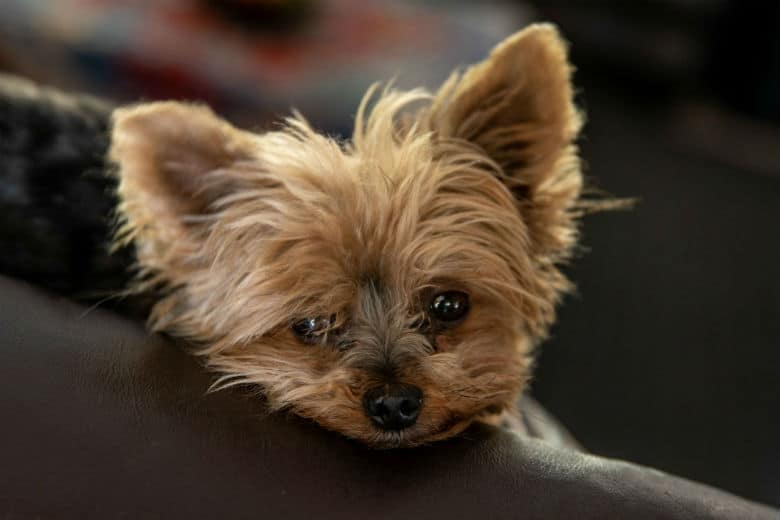
As you can see, these toy breeds have distinct personality characteristics as well as different exercise needs and potential health issues. It’s not a great idea to choose a dog because you love the way that breed looks — unless you’re willing to change your lifestyle to fit the dog’s needs.
Do your research before choosing a breed (if you’re after a purebred). Choose a breed who will be compatible with your lifestyle and your family makeup. Otherwise, everyone will be stressed and unhappy — and that cute little puppy may end up in a shelter.
However, don’t forget that you can find some amazing small breed dogs in shelters and rescue. In fact, some of the cutest small breed dogs in the world are mutts. Just ask Norbert.













